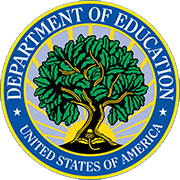November 2024
“The most important thing is to try and inspire people so that they can be great in whatever they want to do.”
~Kobe Bryant
Welcome to November’s edition of the Buzz from the Hub! As the year winds down and families prepare for the holiday season, staying informed about the latest in education and effective ways to support learning remains as important as ever. This month we bring you resources on early childhood social-emotional development, AI in K-12 education, disability transition support, family engagement, and much more!
Best wishes and happy reading,
The CPIR Team
Featured Resource!
Requirements to Request a Waiver or Waiver Extension for the 2024-25 School Year from the 1.0 Percent Cap on the Percentage of Students with the Most Significant Cognitive Disabilities Who May Be Assessed with an Alternate Assessment Aligned with Alternate Academic Achievement Standards
This memorandum from the U.S. Department of Education outlines the requirements for states seeking a waiver of the 1% cap on the number of students who can take alternate assessments aligned with alternate academic achievement standards (AA-AAAS) in the school year (SY) 2024-25 assessment.

Shareable Resources
Early Childhood |
The Pyramid Model for Promoting Social-Emotional Competence in Infants and Young Children (Pyramid Model)
The Pyramid Model is a framework of evidence-based practices for promoting young children’s healthy social and emotional development and it works in conjunction with a program’s curriculum, but is not a curriculum itself. The Pyramid Model provides guidance for: early childhood special education personnel, early intervention personnel, early educators, and families.
Learn more about the Pyramid Model here.
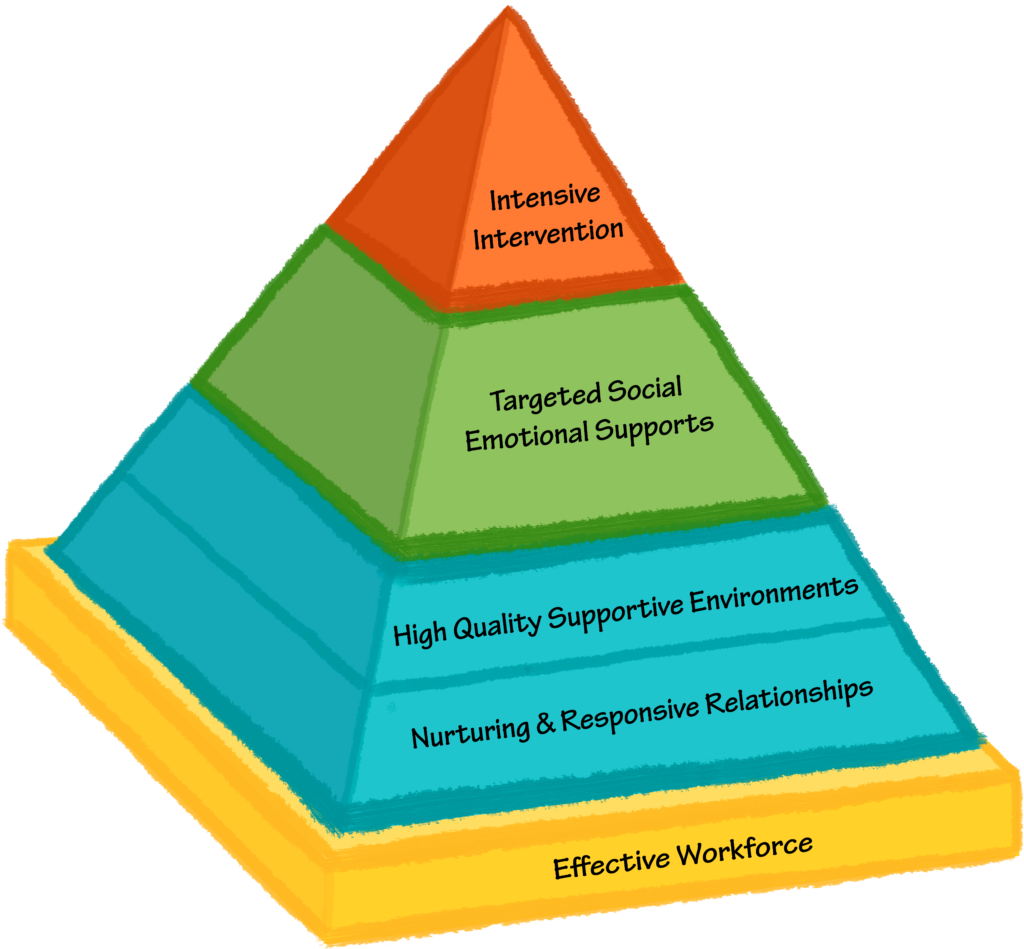
Education |
Empowering Education Leaders: A Toolkit for Safe, Ethical, and Equitable AI Integration
On October 24, 2024, the U.S. Department of Education Office of Educational Technology (OET) released a 74-page toolkit designed to help K-12 leaders integrate artificial intelligence into their districts.
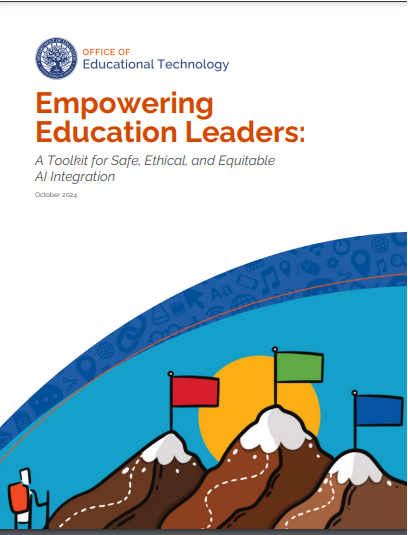
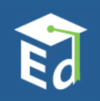
IDEAs That Work Now on sites.ed.gov/IDEA
The Department’s Office of Special Education Programs (OSEP) has moved the IDEAs That Work website content. Information and resources can now be found on the Individuals with Disabilities Education Act (IDEA) website.
Youth |
Intersection of Mental Illness and Disability During Transition
Students with disabilities can also experience co-occurring mental health issues. This is particularly true of children with developmental disabilities with ranges from almost 34% to 59% prevalence. This RAISE guide covers strategies to support students with disabilities and co-occurring mental health issues as they transition into adulthood.
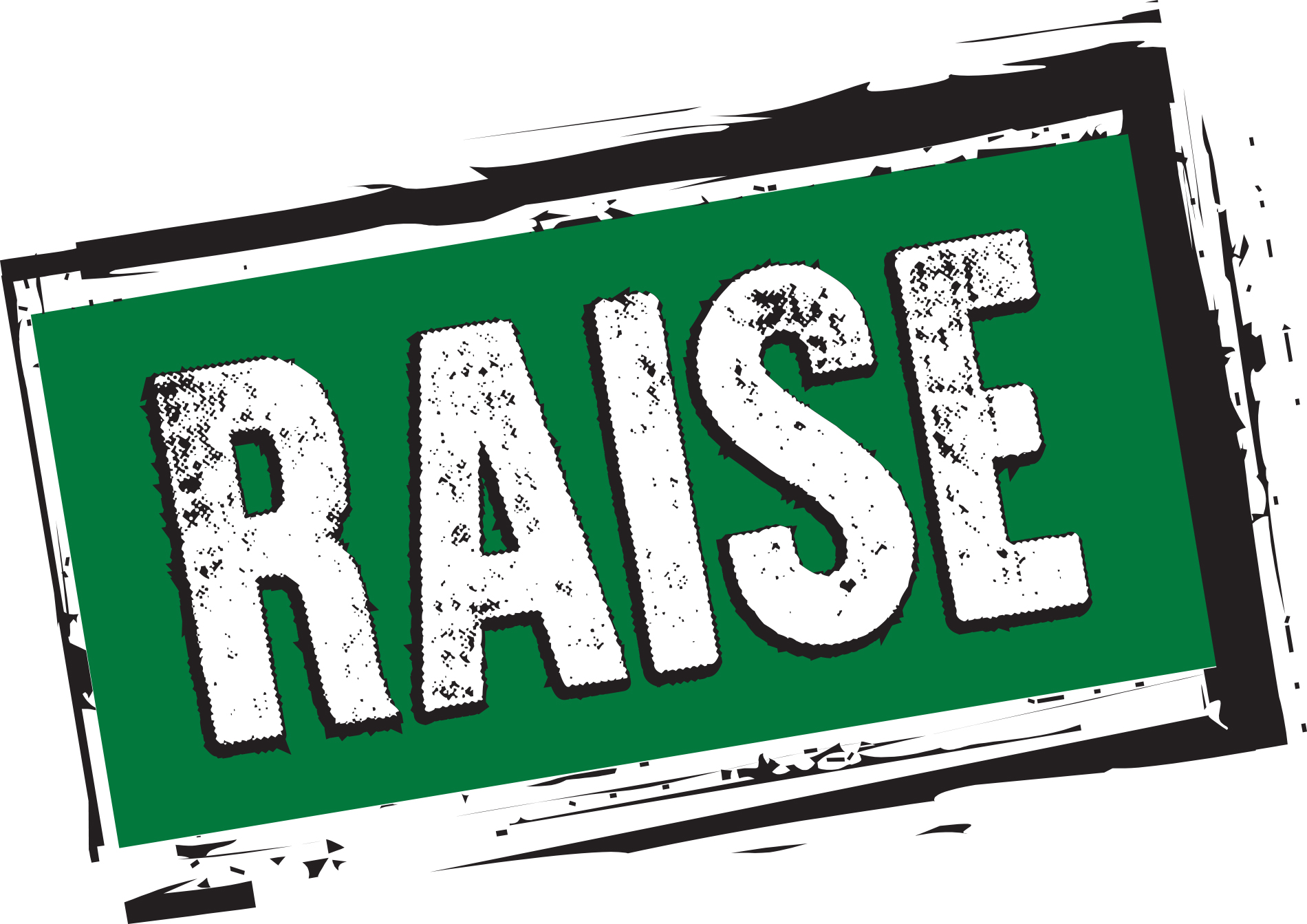
Young Adults |
How to Weigh the Risks of Disclosing a Disability
A guide to help you decide — and find support.
Disclosing a challenging health condition at work can be risky. You may get the accommodations you need, but you may also be met with suspicion, resentment, and accusations of making it all up. In this article, the author discusses why disclosure is challenging, how to decide whether the risk is worth taking, and how a network can support you.

Parent Leadership |
5 Culturally Responsive Family Engagement Strategies
Educators can strengthen the relationship between home and school by making families feel welcome and included. In this article five ways to strengthen the partnership with families are summarized.
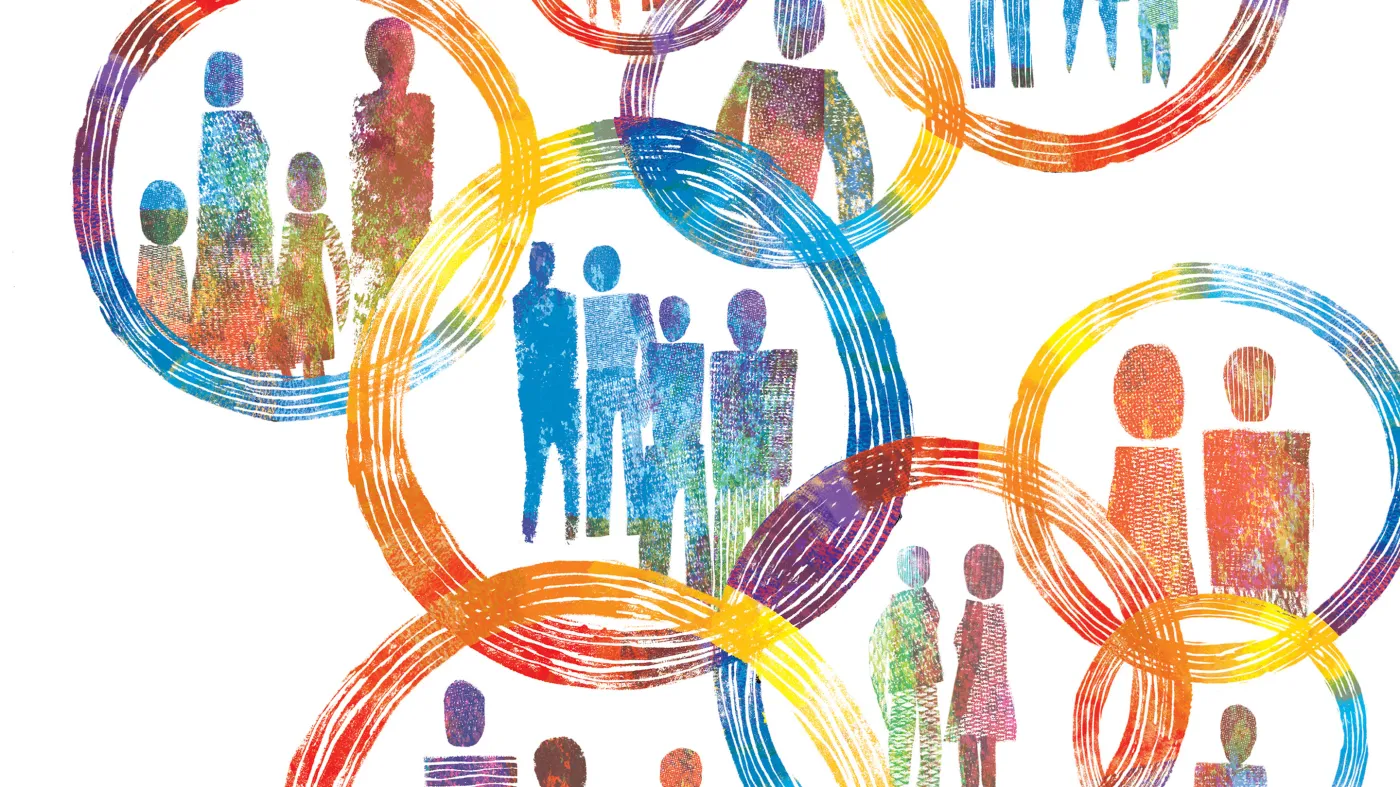
National Clearinghouse for English Language Acquisition (NCELA): Family Toolkit
The English Learner Family Toolkit was created to help families choose education services that meet their child’s needs. U.S. educators, elementary and secondary school teachers, principals, and other school staff can also share the toolkit as a resource for English learners and their families.
Access the toolkit in English, Arabic, Chinese, and Spanish here.

Upcoming Events
Part 1: The Nuts & Bolts of Getting Ready for College Life
Getting ready for college can feel overwhelming, especially when navigating it with a disability. In this first session, the panelists will focus on preparing for the college journey while the student is still in high school.
Date: November 14, 2024
Time: 2:00 pm EDT
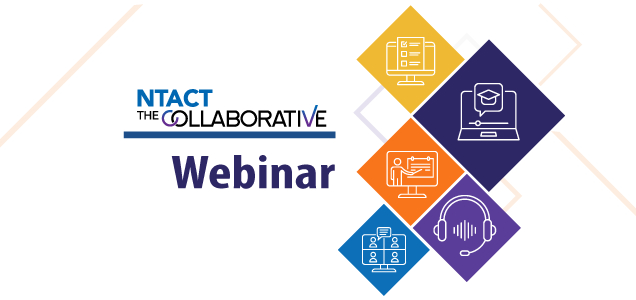
Part 2: The Realities of College Life
Once you’re on campus, a new set of challenges and opportunities begins. In this session, the panelists will share the real, unfiltered experience of navigating college life with a disability.
Date: December 12, 2024
Time: 2:00 pm EDT
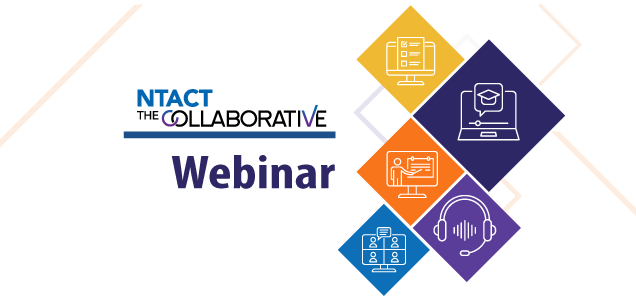
Creating an evaluation plan for your child with mental health needs
This workshop, hosted by the PACER Center, will teach parents of children with mental health needs what to expect from the special education evaluation process. Participants will work through a sample evaluation plan that will help them to create a list of their concerns and provide them with a better understanding of how to ensure those concerns are addressed in their child’s evaluation.
Date: November 20, 2024
Time: 01:00 PM ET
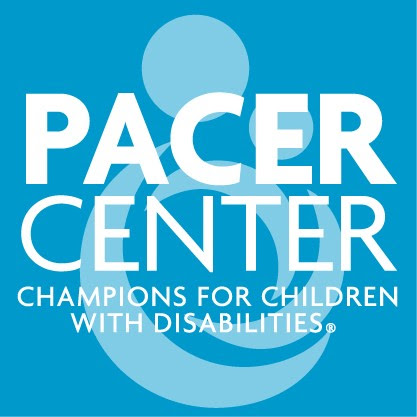
Looking for more events? Check out
the Hub Central Event Calendar
This e-Newsletter from the CPIR is copyright-free. We encourage you to share it with others. Scan our QR Code or click here to sign up to receive the Buzz from the Hub!
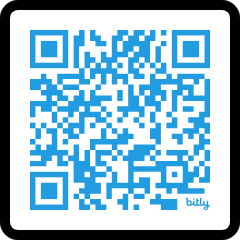
Publication of this e-Newsletter is made possible through Cooperative Agreement H328R230009 between OSEP and the SPAN Parent Advocacy Network (SPAN). The contents do not necessarily reflect the views or policies of the Department of Education, nor does mention of trade names, commercial products, or organizations imply endorsement by the U.S. Government or by the Center for Parent Information and Resources.
